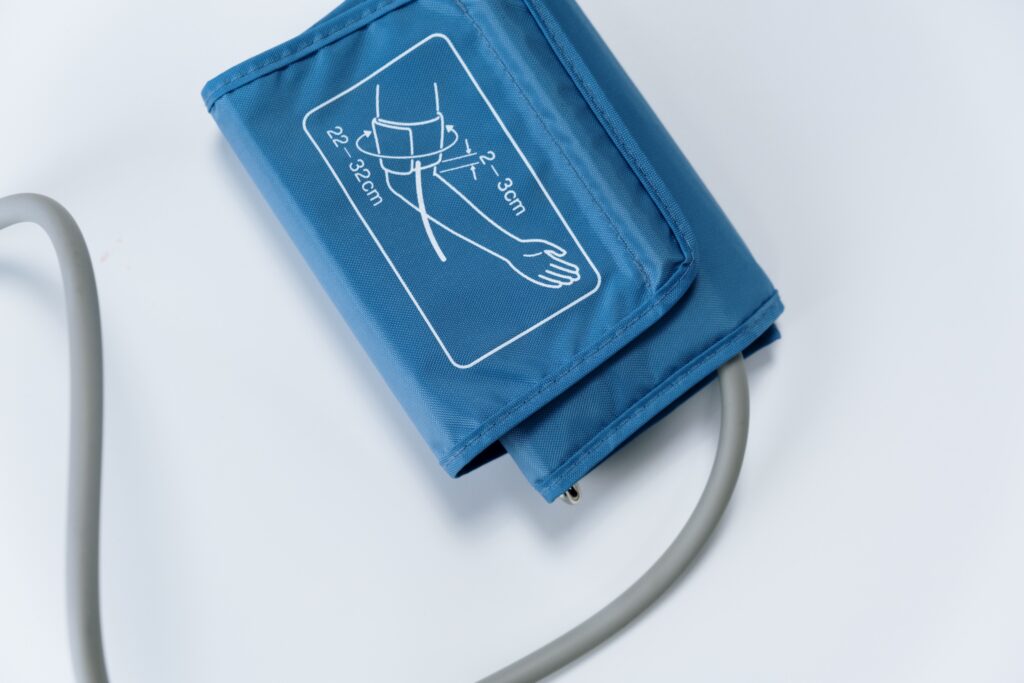Lowering blood pressure is beneficial for patients that have been exposed to high levels of particulate matter (PM2.5) pollution, according to a new study.
The study, published in the Hypertension journal, revealed that intensive blood pressure lowering led to a significant reduction in cardiovascular events, particularly for those exposed to ambient particulate matter.
Researchers from the University Hospitals Cleveland Medical Centre combined satellite-derived air pollution data with residential addresses of over 9,000 patients.
The analysis shows that lowering blood pressure is especially beneficial for patients exposed to high levels of PM2.5 pollution, with the potential to even reduce adverse cardiovascular effects caused by exposure to fine particulate matter.
Sanjay Rajagopalan, senior author of the study, pointed out that the study has improved the understanding of air pollution, heart disease and blood pressure, which will positively affect the management of patients exposed to high levels of pollution.
‘Next steps in this research involve studying the mechanistic underpinnings of this effect modification and identifying methods to reduce pollution exposure and reduce the harmful effects of air pollution exposure, and reduce the harmful effects of air pollution on the cardiovascular system,’ Rajagopalan continued.
Sadeer Al-Kindi, cardiologist and assistant professor, added: ‘Air pollution impacts socioeconomically disadvantaged patients to a higher degree. Living within a particular neighbourhood should not mean you are more likely to suffer from cardiovascular disease.’
‘University Hospitals has a history of addressing health care disparities in underserved communities and armed with the information from this study, we can thoughtfully create solutions to better serve these populations.’




